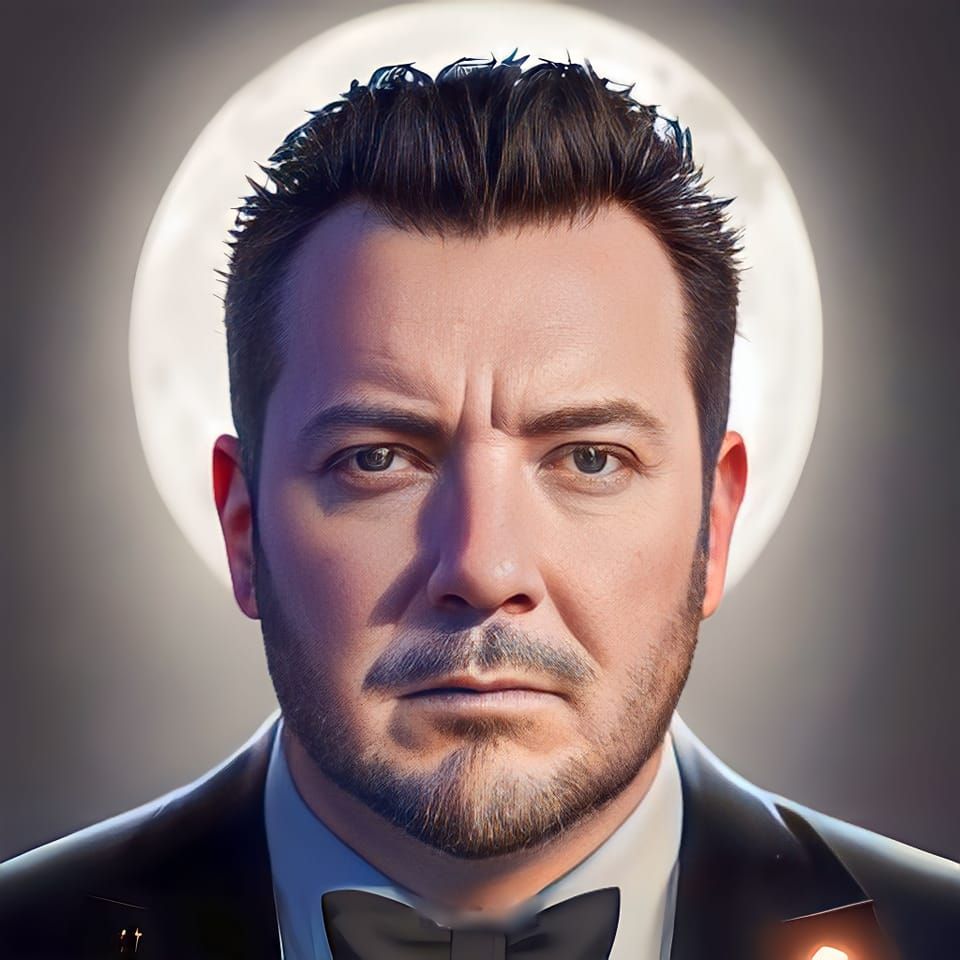In an audacious discourse that defies norms, Robert F. Kennedy Jr. has brought forth a startling revelation, that has left the nation captivated, questioning, and conflicted. Drawing from the grim shadow of American history, RFK Jr. confronts the alleged CIA involvement in JFK’s assassination, displaying unwavering courage despite the danger that lurks behind his outspoken boldness. This is the tale of a truth crusader, who refuses to remain silent, willing to shed light on the darkest corners of American governance.
RFK Jr., during a conversation with Joe Rogan, sent shockwaves through the political landscape. He opened the door to an old controversy, voicing his belief in the CIA’s alleged involvement in the assassination of his uncle, President John F. Kennedy. His courage to articulate this belief publicly brings focus to an age-old mystery that has long shrouded American history.
Joe Rogan asks RFK Jr. what he thinks will happen to him if he gets into office after talking about the CIA’s alleged involvement in JFK’s assassination.@RobertKennedyJr: “I gotta be careful. I’m aware of that danger. I don’t live in fear of it — at all.. I take precautions.” pic.twitter.com/F5OEc4936Y
— ALX 🇺🇸 (@alx) June 15, 2023
This stance is far from a safe one. It’s risky and could potentially put him in harm’s way, a reality he openly acknowledges. Yet, RFK Jr. refuses to be consumed by fear. Instead, he embraces caution while keeping his gaze firmly on the larger goal – unmasking the alleged truth that has been kept hidden for far too long.
His position reveals a paradoxical truth about democracy; it exists on a spectrum. On one end lies the theoretical ideal – a government by the people, for the people – and on the other, the darker reality of secrets, silence, and alleged subversion. RFK Jr., in his bold stance, has forced us to confront this disquieting dichotomy.
Insane that this even has to be said or talked about in a 'free', 'democratic', first-world nation. https://t.co/TDn5DwURMA
— Vince Quill (@VinceQuill) June 16, 2023
What makes this situation truly unique, however, is that RFK Jr. is not just an observer – he’s a participant in the political arena. A potential contender for the presidency, he represents a fresh, fearlessly transparent perspective in an often opaque world of politics.
His comments on JFK’s assassination come amid a broader critique of the establishment, specifically rogue intelligence agencies. As a political firebrand, he’s been consistently challenging the status quo, voicing concerns against the unchecked powers of these bodies.
I had a great time with @JoeRogan in Austin this week. The episode is now live. Listen + share and consider making a donation to https://t.co/gWqnMhHPmw if you resonate with our conversation.https://t.co/M4eZSYbTxz
— Robert F. Kennedy Jr (@RobertKennedyJr) June 15, 2023
It’s no secret that candidates who dare to stand against such institutions often find themselves under immense pressure, even danger. Yet, RFK Jr., despite being fully aware of the risks, seems undeterred. His commitment to truth and justice eclipses any personal threats, setting an example for political integrity.
As part of his bold initiative, RFK Jr. has proposed plans to dismantle intelligence agencies that indulge in questionable activities. His plans, strikingly similar to his uncle’s intentions to scatter the CIA in the 1960s, represent a firm commitment to rectifying perceived wrongs within the system.
JUST IN: @RobertKennedyJr announces plan to dismantle intel agencies who spy on and support the censorship of Americans.
— Collin Rugg (@CollinRugg) May 5, 2023
1. “I will replace the officials that have been instructing tech companies to censor users.”
2. “I will direct the justice department to stop prosecuting… pic.twitter.com/inN9IqX667
RFK Jr. seeks to replace officials instructing tech companies to censor users, direct the Justice Department to stop prosecuting whistleblowers and instead investigate the crimes they expose, and rescind policies that surveil Americans’ communications. The intention behind these policies is clear – fostering a culture of transparency and accountability in American governance.
In the face of danger and in defiance of silence, RFK Jr.’s commitment to unmasking the hidden narratives of American history is unparalleled. He embodies the essence of a leader who refuses to shy away from hard truths, no matter the cost. As we digest his shocking revelations and wait for the chapters to unfold, one cannot help but acknowledge the courage of a man who chooses to navigate a path filled with thorns, all in the pursuit of a more transparent, just future. Indeed, the echoes of his bold revelations will resonate far beyond this moment, altering the discourse of American political history forever.



